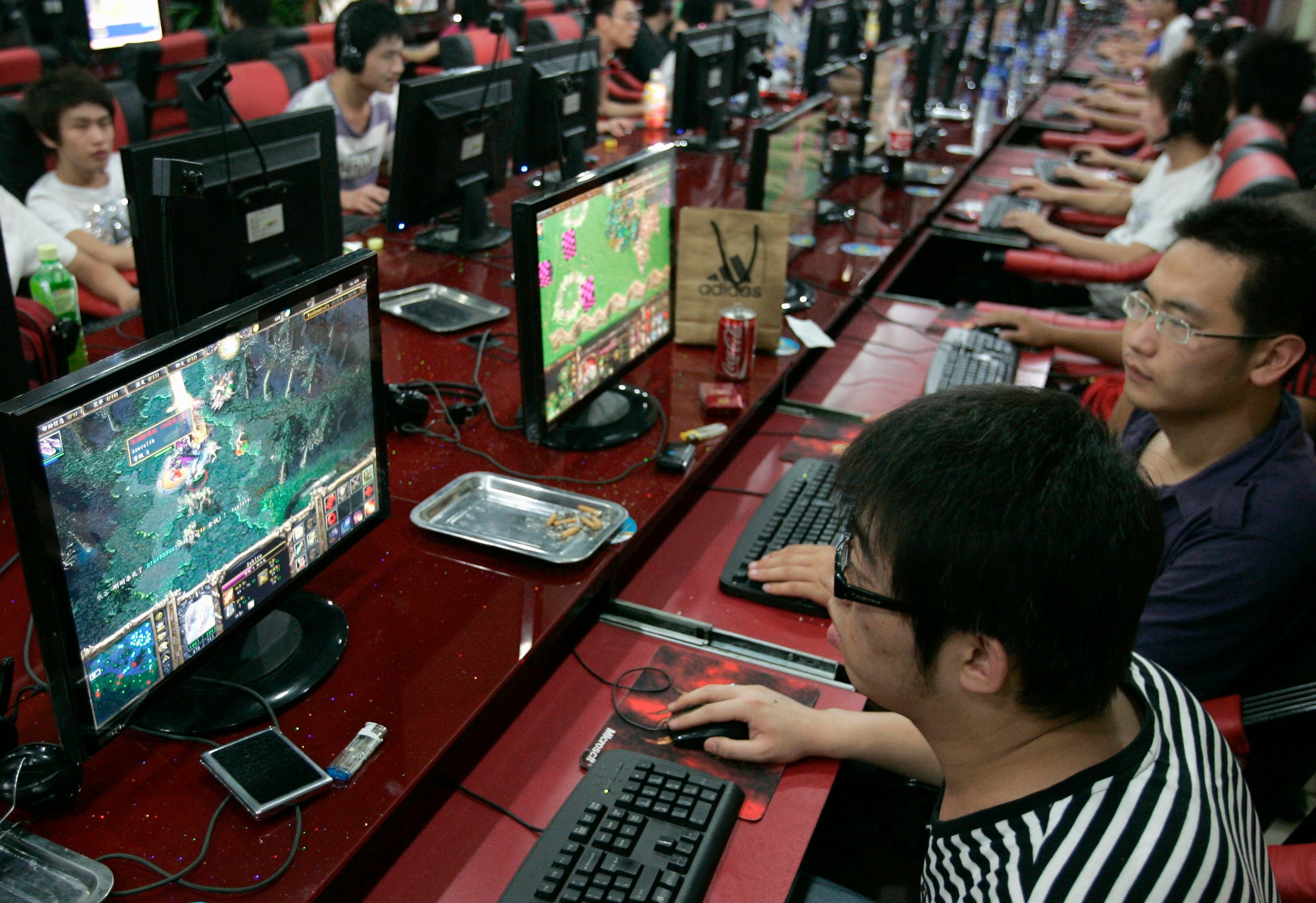China lifts ban on sale of foreign consoles
The decision by the State Council will allow the likes of Microsoft and Sony to sell to the Chinese - but it's not certain who can afford to buy their wares

Your support helps us to tell the story
From reproductive rights to climate change to Big Tech, The Independent is on the ground when the story is developing. Whether it's investigating the financials of Elon Musk's pro-Trump PAC or producing our latest documentary, 'The A Word', which shines a light on the American women fighting for reproductive rights, we know how important it is to parse out the facts from the messaging.
At such a critical moment in US history, we need reporters on the ground. Your donation allows us to keep sending journalists to speak to both sides of the story.
The Independent is trusted by Americans across the entire political spectrum. And unlike many other quality news outlets, we choose not to lock Americans out of our reporting and analysis with paywalls. We believe quality journalism should be available to everyone, paid for by those who can afford it.
Your support makes all the difference.Gaming consoles can be sold in China again, after the country’s State Council announced that it had temporarily lifted a 14-year ban.
So long as the consoles are produced within Shanghai’s free trade zone, and are inspected by relevant government authorities, foreign companies such as Sony, Nintendo and Microsoft can now sell to the world’s third largest gaming market (after Japan and the USA).
China’s State Council released a statement on Monday declaring a “provisional” lifting of the ban as part of the country’s change in policy towards foreign investment.
This lifting of the ban is in no way final, and China may yet choose to reinstate it in the future. It was originally enforced to protect Chinese youth from gaming addiction and harmful content, with the country’s Ministry of Culture also banning numerous games over the years.
Titles have been deemed inappropriate for various reasons including "threatening state security, damaging the nation's glory, disturbing social order and infringing on others' legitimate rights," according to the Chinese publication Xinhua.
Rumours first surfaced in September 2013 that China was planning on lifting the ban on foreign consoles after Microsoft announced a partnership with Chinese company BesTV to explore opportunities in the region.
The international console giants are now approaching the Chinese market with trepidation.
“We are still not sure exactly what we will be able to do in Shanghai, and thereafter in Greater China,” Yasuhiro Minagawa, Nintendo’s Japan-based PR manager told Reuters.
Although China’s video game revenues grew by more than a third in 2012 to £8 billion, console manufacturers may struggle to break the PC’s market dominance.
According to data released at the 2013’s China games industry conference, PC games accounts for almost two-thirds of the market, with Browser gaming just over 15% and mobile gaming 14%.
The cost of gaming consoles may also be a deterrent, with over 70 per cent of Chinese gamers earning less monthly than the cost of an Xbox One in the UK (over £400).
Join our commenting forum
Join thought-provoking conversations, follow other Independent readers and see their replies
Comments